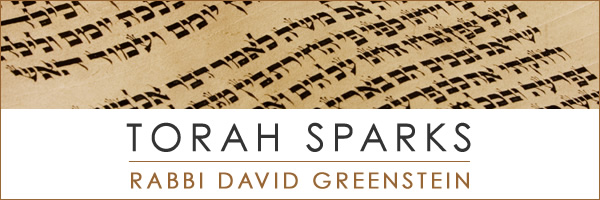Parashat Ki Tissa
Exodus 30:11 – 34:35
The heart-wrenching drama of the Divine-human relationship is brought home to us in this week’s Torah reading. Each side of this relationship makes assumptions and has expectations of the other/Other. Sometimes these expectations lead to misunderstandings or disappointments, betrayals and recriminations. But the relationship survives. How?
Ki Tissa begins with God’s instructions for setting up a regularized system of support for the Sanctuary. Each person will donate a half-shekel to maintain the on-going service offered to God. God’s assumption is that we will always be steady in our faithful relationship, our routine of holy responsibility. Our relationship is imagined as continuing through time without surprise or drama.
But this assumption is shattered by the episode of the Golden Calf. The people had expected Moses to return from his mountaintop meeting with God. Their insecurity and need for reassurance get the better of them. The emotional temperature of the text rises to fever pitch. As Israel is led astray by its intense emotions of anxiety and yearning, Moses calls them back from their frenzy by smashing the Tablets of the Covenant. The people and God are tragically estranged and alienated from each other.
And then we come to one of the most amazing moments in all the Torah. Moses requests to see God’s Glory, assuming that his special relationship with God will bring God to agree. But this assumption is also proven wrong. God tells Moses that no one can see God’s Face and live. The theological meaning of the invisibility of God’s Face has been extensively explored over the generations. But I wish to dwell on what happened then, instead. This was a moment of crisis. We have seen that all previous assumptions made by God and by Israel had been negated. Without prior assumptions, what would happen? What could happen? How would God and Moses try to connect with each other?
We notice that, as Moses pleads with God to reconcile with Israel, God softens and responds with great tenderness. God gently explains that a direct vision of God is impossible. “Here,” says God, and it is as if God were searching for some way to draw near to this human being who so deeply seeks God’s Presence. And then God has an idea – “there is a place with Me,” says God, as if it is only now that this has occurred to the Holy Blessed One. And then God comes up with a plan: “You take your stand on the rock. Then, as My Glory passes by, I will place you into the crag of the rock, and I will place the palm of My Hand upon you until I pass by. Then I will remove the palm of My Hand and you will see My Back. But My Face will not be seen.” (Ex. 33:21-23)
In this way the grounds for the relationship between God and Israel are reestablished. First of all, God offers a “place” with God. God is saying, as Rashi explains, “There is always room with Me for your needs.” And then God acts out this message in an extraordinary manner. God tells Moses to stand on the rock. Now, God could have then said, “And then go hide in a crack in the rock and don’t look up when I pass by.” But that is not at all what God says. Moses does not hide in the rock through his own efforts. God “places” Moses there. And then God gently places the Divine hand gently upon Moses to shield him. And then God takes that Hand away, so that Moses can get a little glimpse of what he just miraculously felt.
Moses had asked to see God. That request was denied. But see how much more he was given instead! He was able to feel God’s nearness, standing by Him. He was able to feel God lift him and softly place him in a safe spot. He felt the warmth of the palm of God’s Hand, resting on his head, and then he felt God’s hand lift off him to reveal the blazing, fleeting rush of God’s sweeping by in mercy.
Such moments of intimacy are unique in human experience – and in Divine experience. But this moment, once lived through, becomes the foundation of the continuous relationship that God had assumed we would have at the beginning. The drama of the Exodus and of Mount Sinai were not sufficient to ensure the enduring bond between God and Israel. But this critical moment of tender improvisation between two loving spirits reaching out to each other in hope and desperation was able to cement our relationship for all time.
Shabbat Shalom
Rabbi David Greenstein
![]()
Subscribe to Rabbi Greenstein’s weekly d’var Torah
- Toby Stein: In Memoriam - Thu, Feb 8, 2024
- Faithfulness and Hope: Parashat Sh’lach - Thu, Jun 23, 2022
- Past Their Prime: Parashat B’ha`a lot’kha - Thu, Jun 16, 2022

